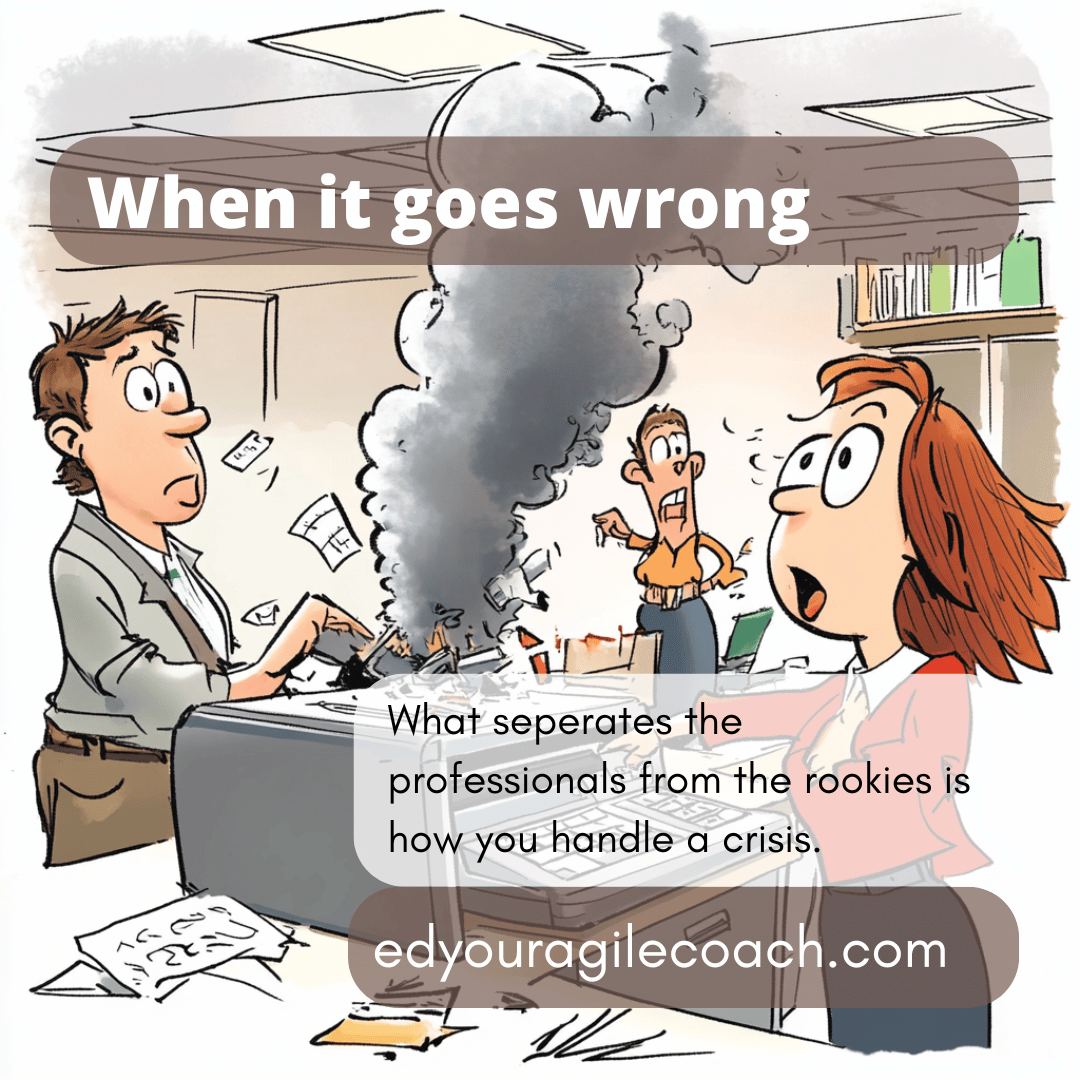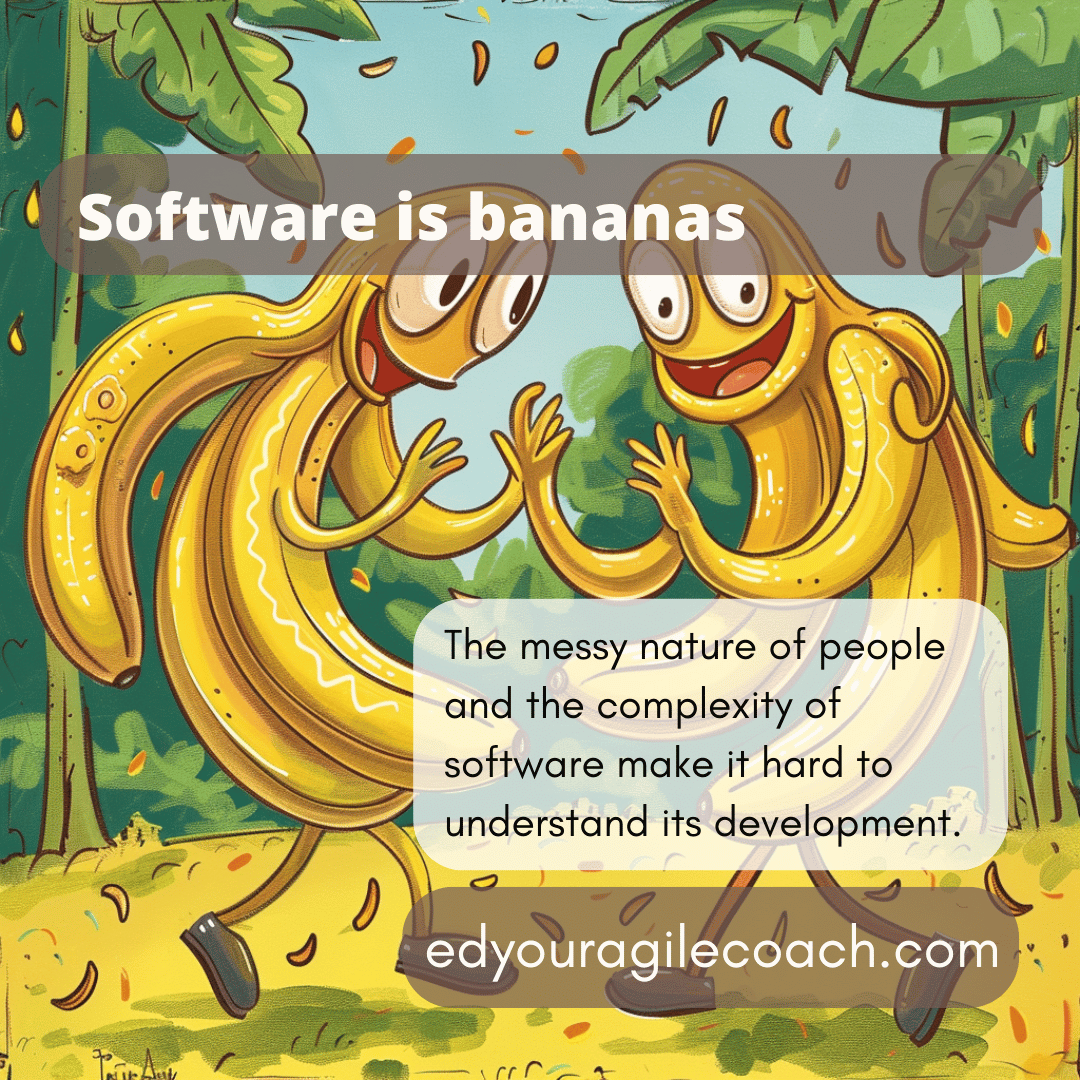Failure is fertile soil for growth.

A common theme in business writing is the mythologizing of success. It is a straightforward narrative to promote. People enjoy reading about the success of others, and wealth is always intoxicating. The struggle, failure, and sacrifices necessary to achieve wealth have a glossy sheen in popular culture. The most exciting part of the story is how others deal with failure and crushing disappointment. It interests me because my career has numerous episodes of frustration. A setback proceeded with each significant improvement in my career and life. Defeat is a teaching tool for me, and now I incorporate it into my coaching practice.

Failure is an exceptional learning tool. Instead of failure, I should borrow the mindset of Carol Dweck and her 2014 Ted Talk. Instead of saying I failed, I should say I have not yet succeeded. The classic growth mindset motivates people to figure things out and improve. It sounds noble, but it is difficult for people to do because it challenges an individual’s self-worth.
Thus, I spend lots of time taking the sting out of the everyday failures and mix-ups in an office. It means being kind when your lesser self likes to snicker. It means saying, “Not yet,” and “What could we have done differently.” It is holding others accountable without being mean about it. I struggle like the next business leader, but I have noticed that people respond to this approach. Instead of beating a drum, a leader needs to show the way and get a little dirty in the process.
Failure is absolute, but how we react to it differentiates between a fixed mindset and growth and continuous improvement. I choose a growth mindset any day of the week.
Until next time.




Comments ()